Have you ever seen the changes people and places have through time? Look at the following photos. What differences can you see?
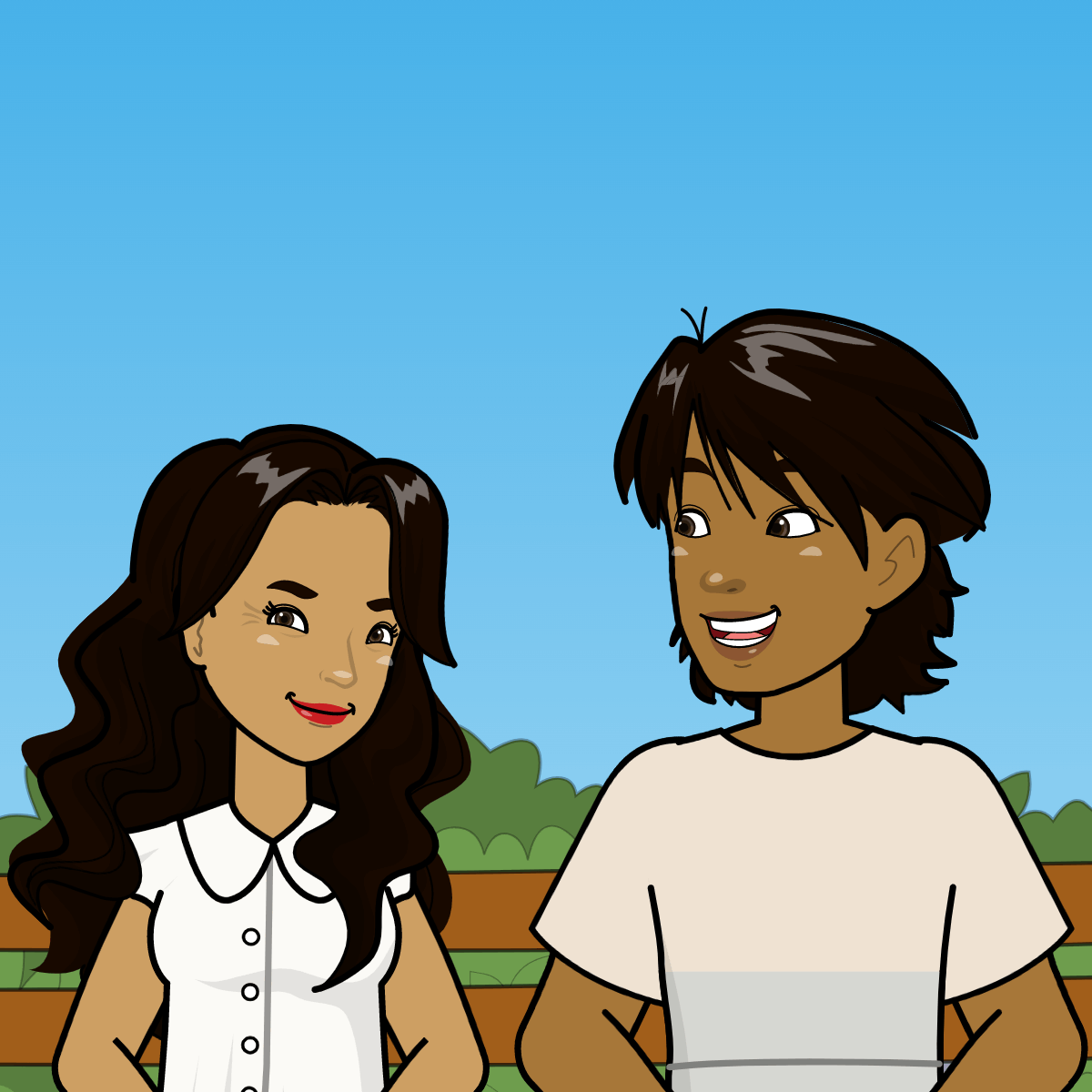
Woman: long, wavy hair, young, thin.
Man: long hair, young.
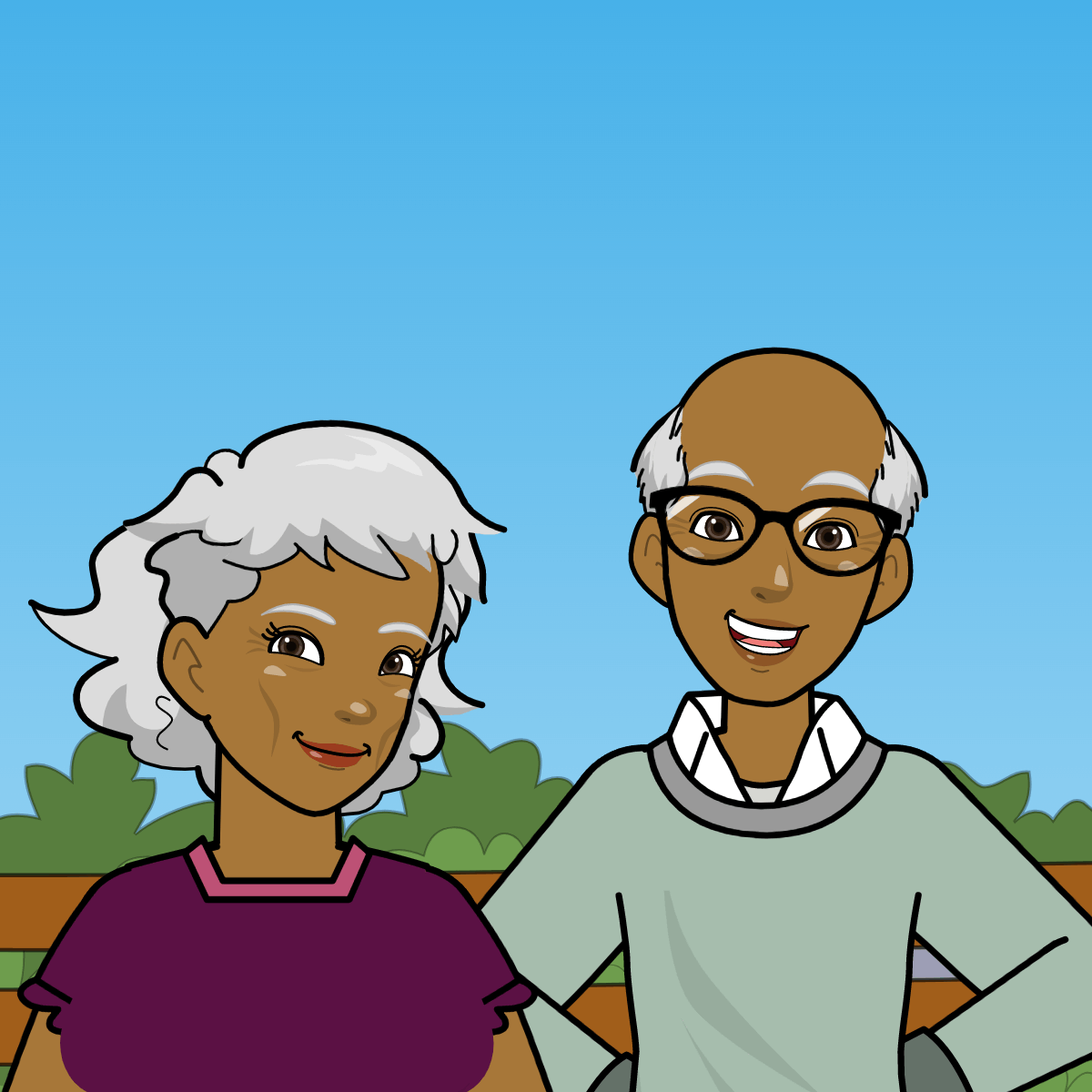
Woman: short, grey hair, chubby, wrinkles, old.
Man: bald, wrinkles, old.
When we want to describe some characteristics of people, places or weather, we usually use adjectives. Look at the list of some adjectives we use to describe people, places, the weather or things.
Adjectives to describe people:
Height
- tall
- medium height
- short
Weight
- skinny
- thin
- slim
- chubby
Hair
- short
- medium
- long
- dyed
- curly
- wavy
- straight
Special features
- mustache
- beard
- wrinkles
- freckles
- tatoo
- piercing
- handsome
- beautiful
Personality
- hardworking
- lazy
- shy
- romantic
- friendly
- jelaous
If you want to check more adjectives to describe people's appearance and personality, click on this link Adjectives
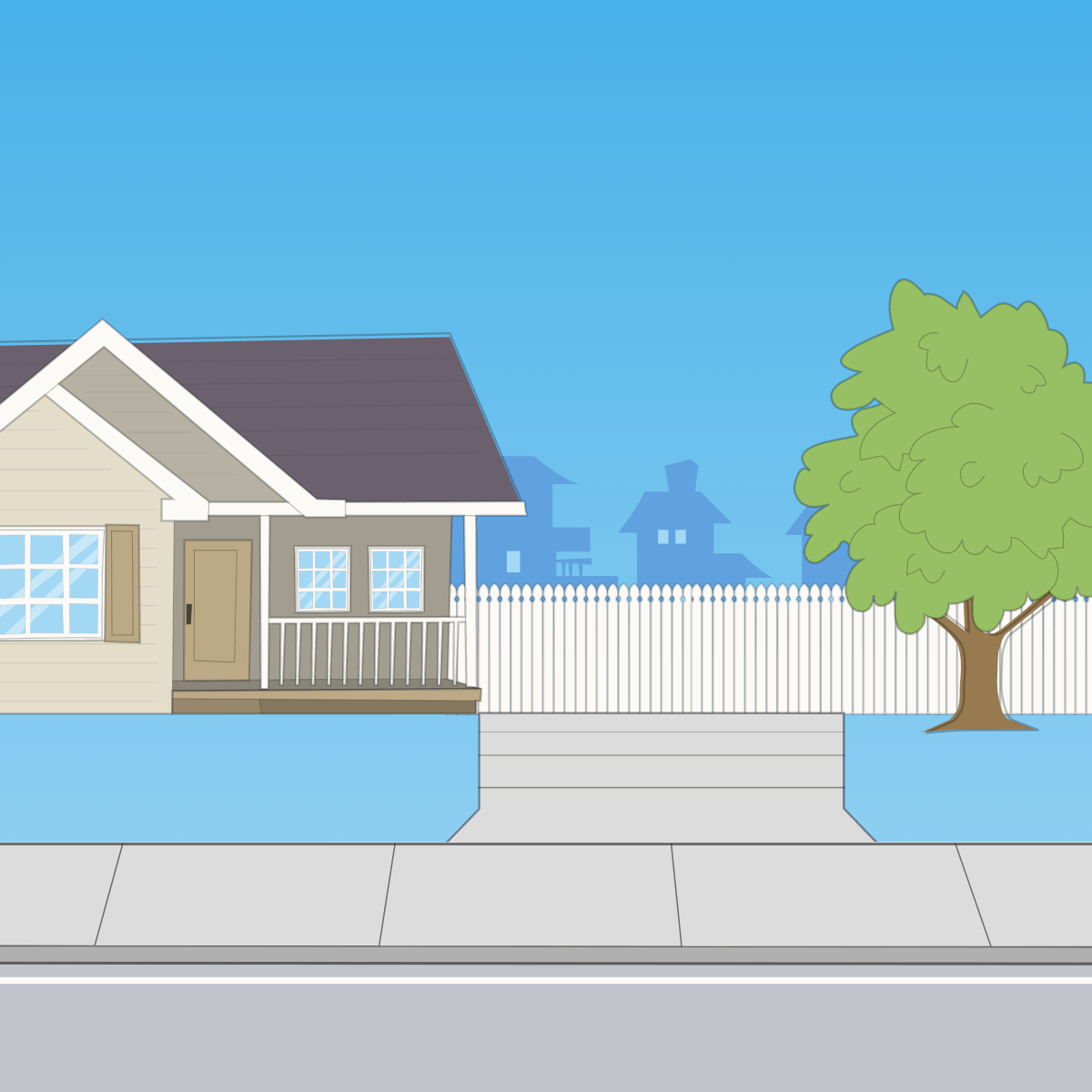
Old, quiet, clean.
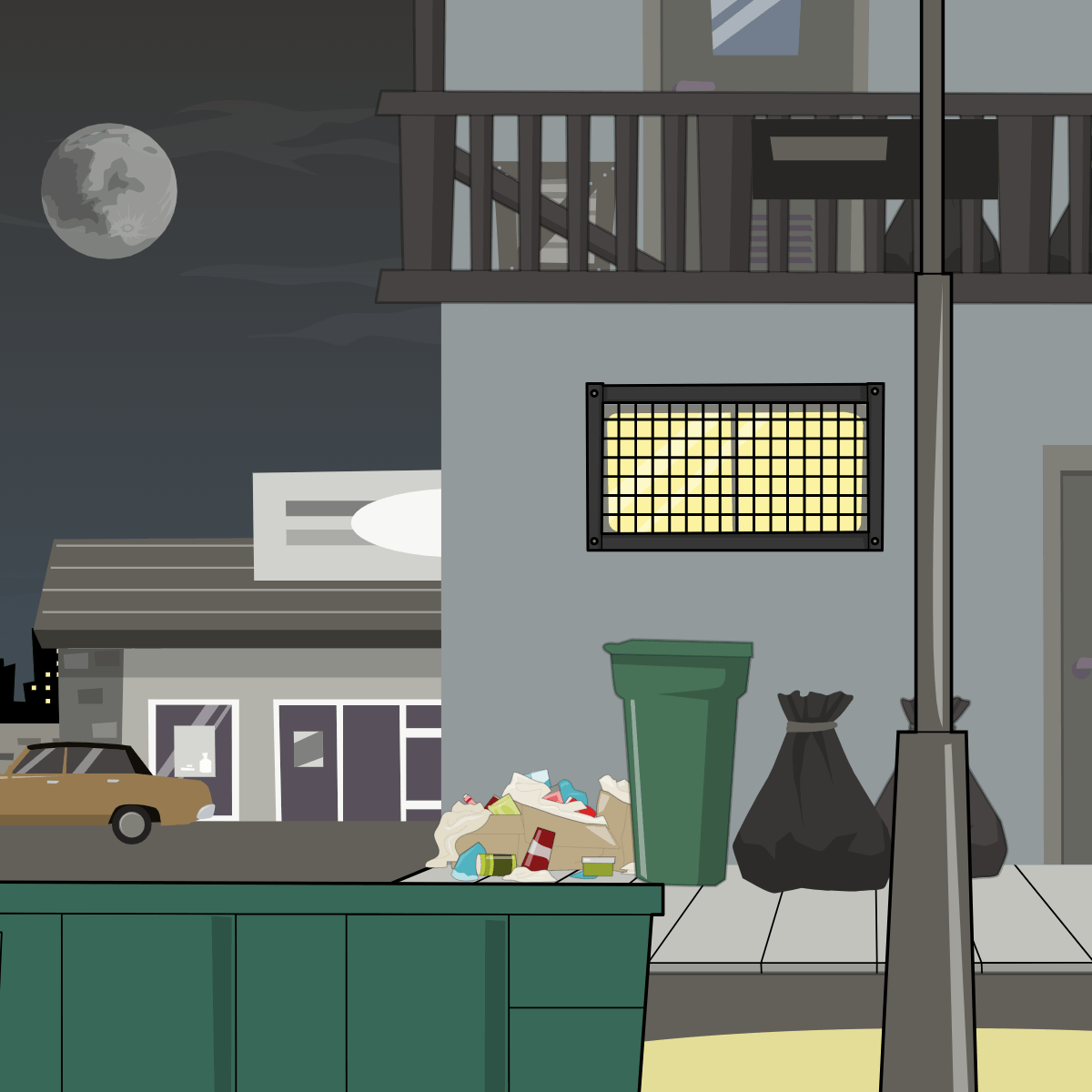
Modern, expensive, crowded, polluted.
Adjectives to describe places:
polluted | amazing | popular | old | modern | crowded | relaxing | historical
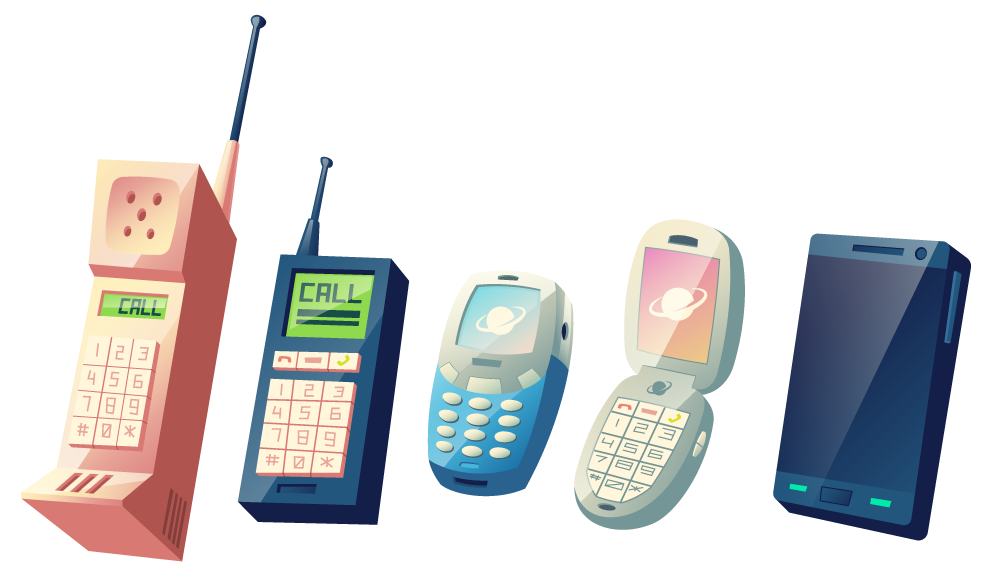
Old, big.
Expensive, up-to-date, versatile.
Adjectives to describe objects or things:
big | small | expensive | cheap | versatile | attractive | powerful | up-to-date
If you want to check more adjectives to describe objects or places click on this link Adjectives
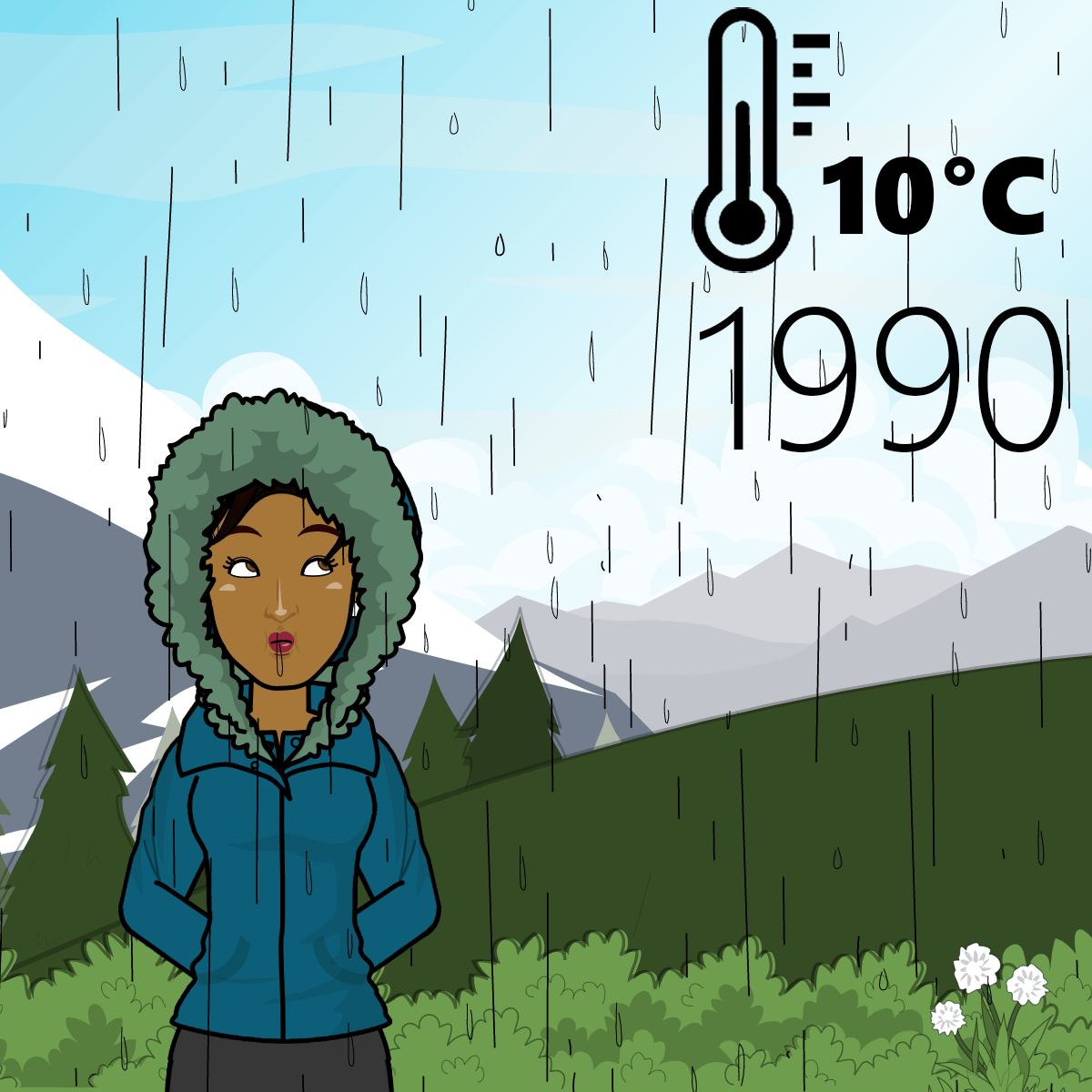
Rainy, cloudy, cold.
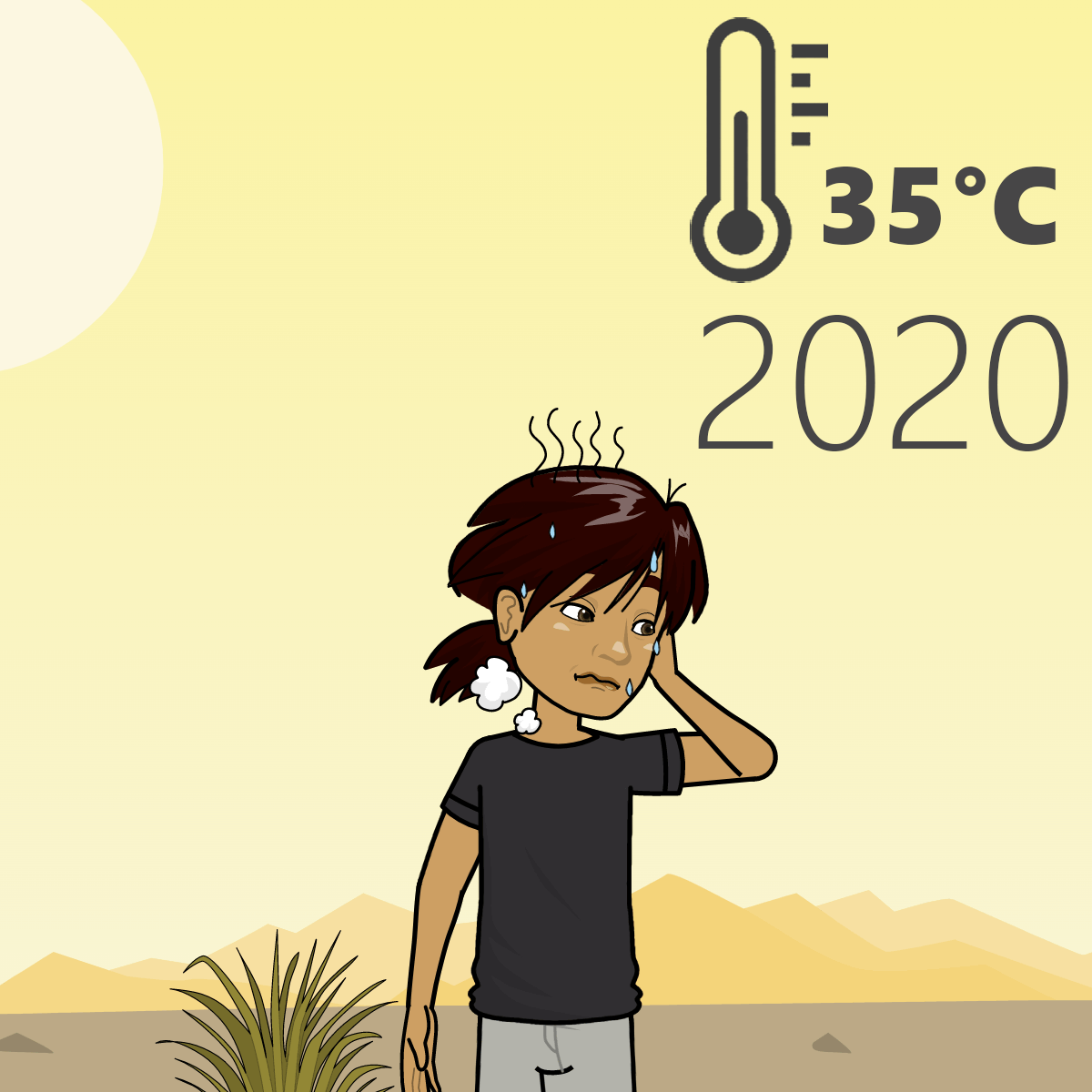
Sunny, hot.
Adjectives to describe the weather:
sunny | cloudy | snowy | cold | rainy | stormy | hot | foggy | windy | warm | hailing | overcast
If you want to check more adjectives to describe the weather, click on this link Seasons of the year, the weather and the environment.
Alex and Mariana are cousins. They're looking at some old pictures of the family. Read the conversations and look at the photos. Then write the differences between the pairs of pictures.
Do you recognize these people from history? Why are they famous? Write their jobs using complete sentences. Example: He/She was a + Occupation.
If you want to check more vocabulary related to jobs and occupations, click on this link Jobs
When we want to talk about past events, we usually use time expressions. Do you know time expressions in the past? Let's see some of them.
We use LAST to mean the nearest to the present day time:
Expressions with
- year
- week
- summer
- month
- weekend
- June
- night
- Christmas
- Monday
TIP We say last night, last month, last year, etc. NOT the last night, the last month, the last year, etc.
For example:
- I was at school last Monday.
- My cousin was at a concert last weekend.
- Luis was in Texas last year.
- Her friends were at the beach last summer.
- We were in Oaxaca last Christmas.
- My birthday party was last month.
We use AGO to show how far back in the past something happened.
Expressions with
- a long time
- ten minutes
- a month
- many years
- an hour
- two days
For example:
- Rita was here ten minutes ago.
- My dad was on vacation a month ago.
- Karina was in Monterrey two days ago.
The expression YESTERDAY can be used this way:
Expressions with
- morning
- afternoon
- evening
TIP We say last night NOT yesterday night. We also use the expression the day before yesterday and it means two days ago.
For example:
- My best friend was at a party yesterday morning.
- We were happy yesterday afternoon.
- I wasn't at home yesterday evening.
We also use the prepositions IN, ON AT to refer to past time.
| IN | ON | AT |
|---|---|---|
| With years, decades and centuries. | With dates (month + day) | With times |
| Susan was single in 2000. The Beatles were popular in the 70's. The plan was invented in the 20th century. |
I was born on June 11th, 1985. | He was in the park at 6.00 pm. |
If you want to check more about prepositions of time, check this material Time expressions
Years in English
1979 = nineteen, seventy-nine
For example:
- 1587 fifteen, eighty-seven
- 1986 nineteen, eighty-six
- 1752 seventeen, fifty-two
1907 = nineteen, Oh, seven
For example:
- 1509= fifteen, oh, nine
- 1702= seventeen, oh, two
- 1801= eighteen, oh, one
1700 = seventeen hundred
For example:
- 1300 = thirteen hundred
- 1500 = fifteen hundred
- 1400 = fourteen hundred
Examples:
- The 1600s = the sixteen hundreds
- The 1500s = the fifteen hundreds
Or we can say:
- the 16th century
- the 15th century
For the years 2001 to 2010, the most common way of saying the year is two thousand and + number.
For example:
- 2007 = two thousand and seven
- 2003 = two thousand and three
- 2001 = two thousand and one
For example, for the year 2020, some people say:
- ❖ two thousand and twenty
- ❖ twenty twenty
Read the following conversations and choose the correct time expressions. Correct answers will be in green and the wrong ones in red.


